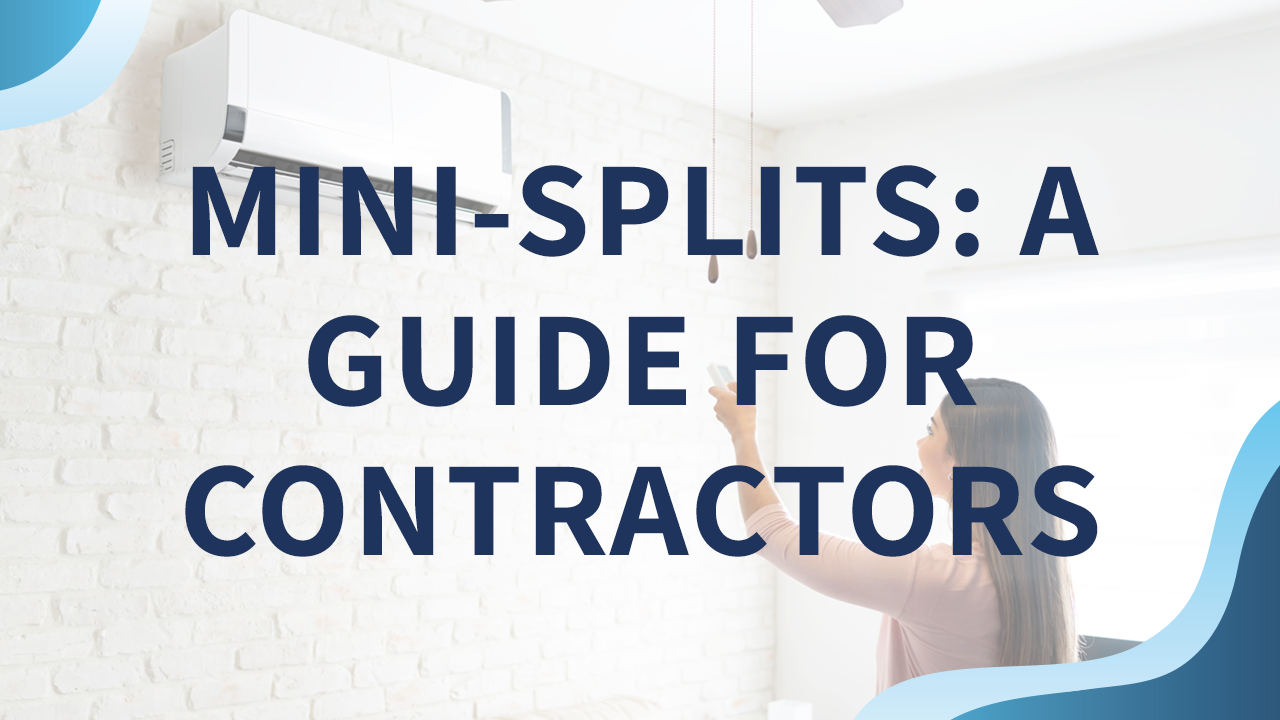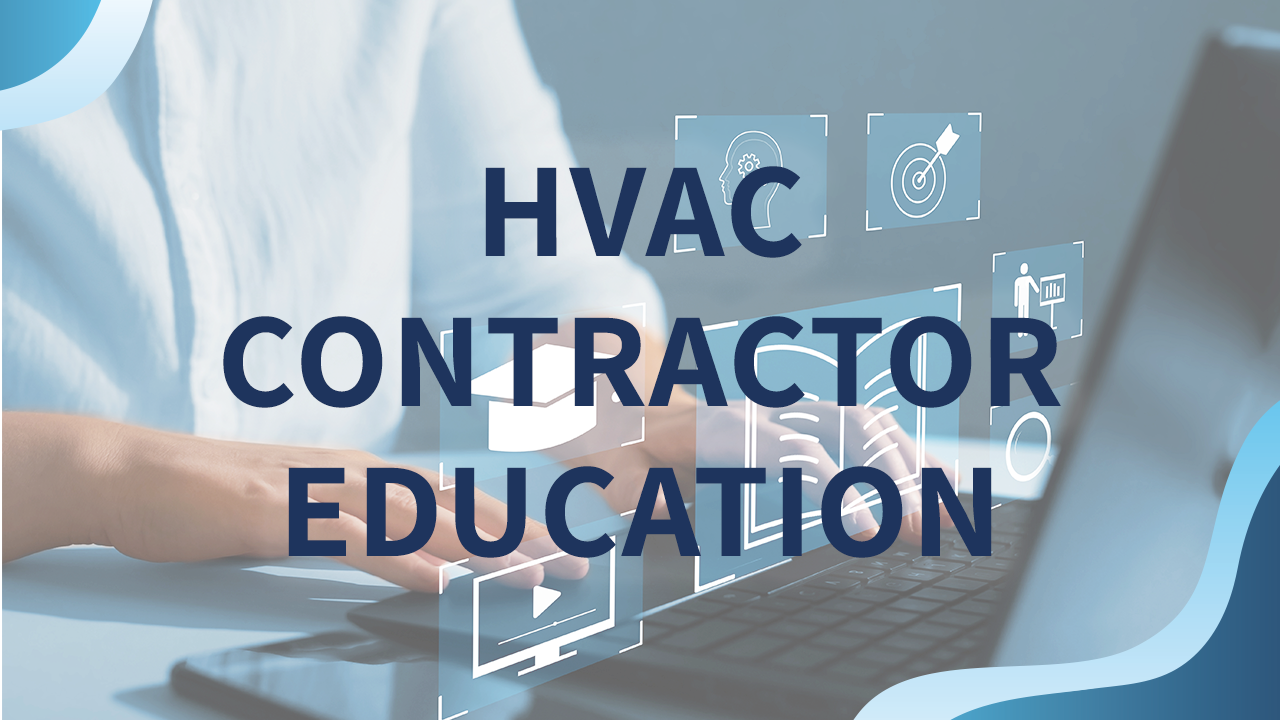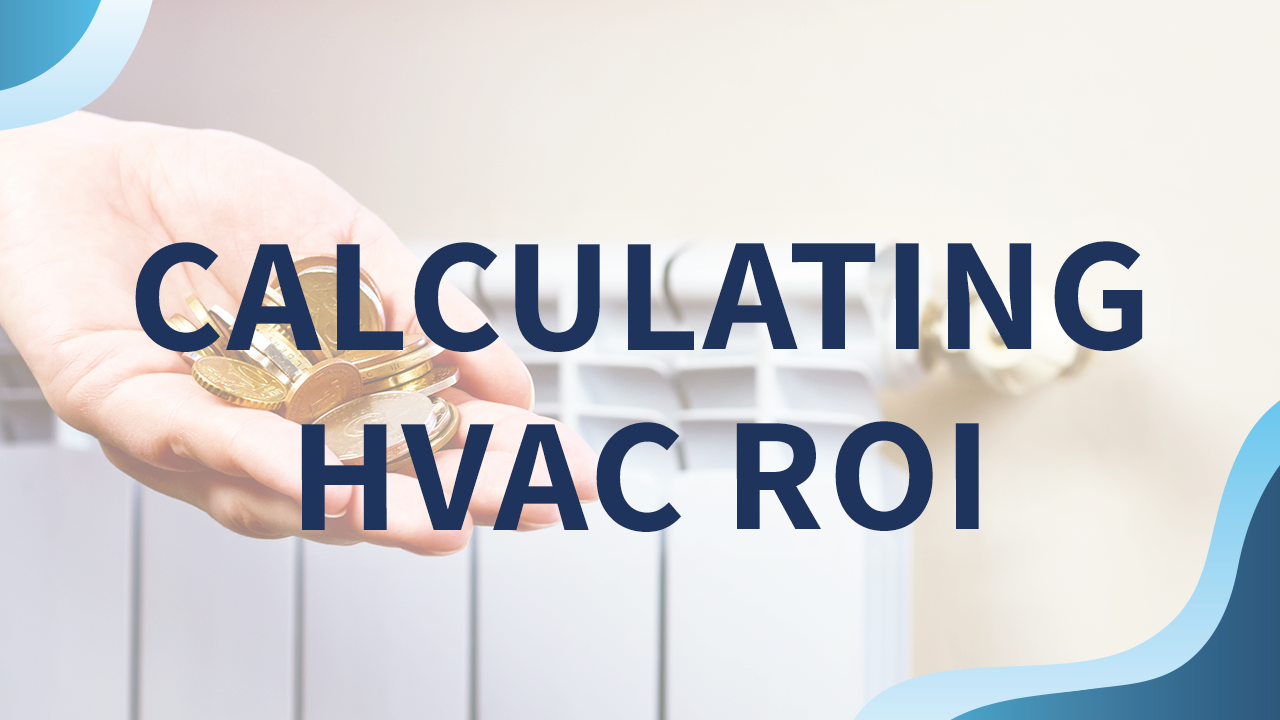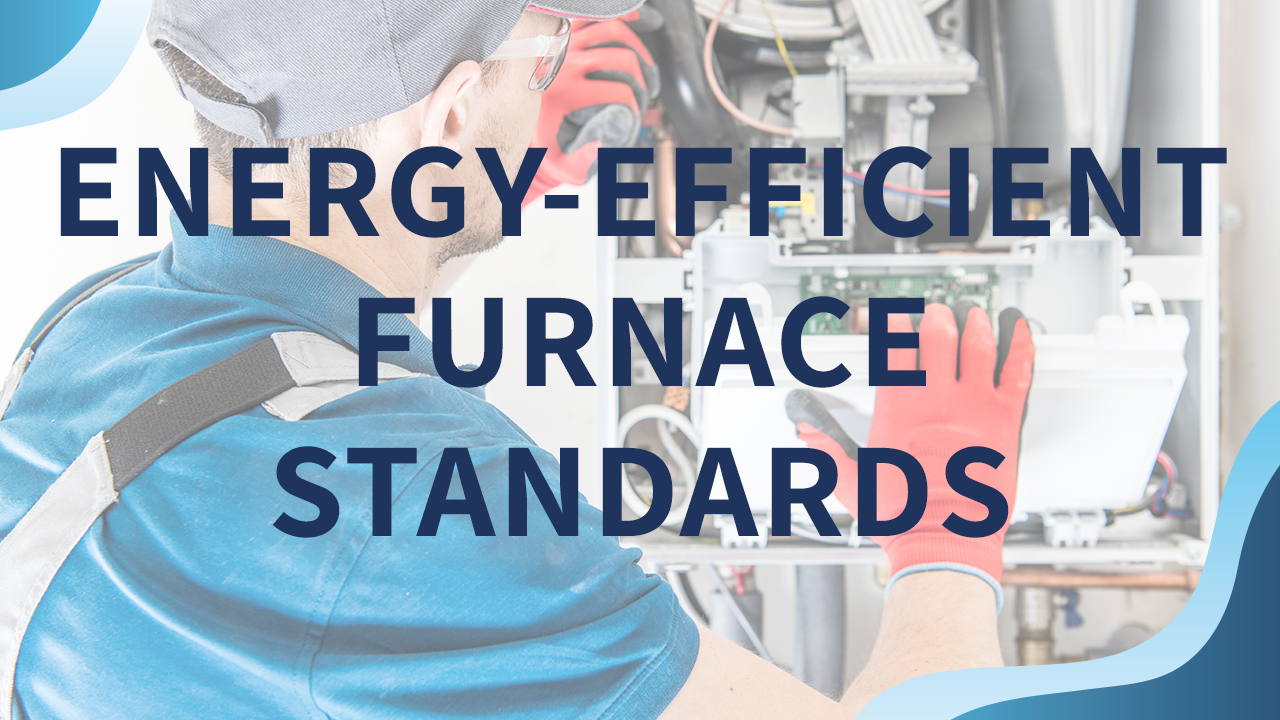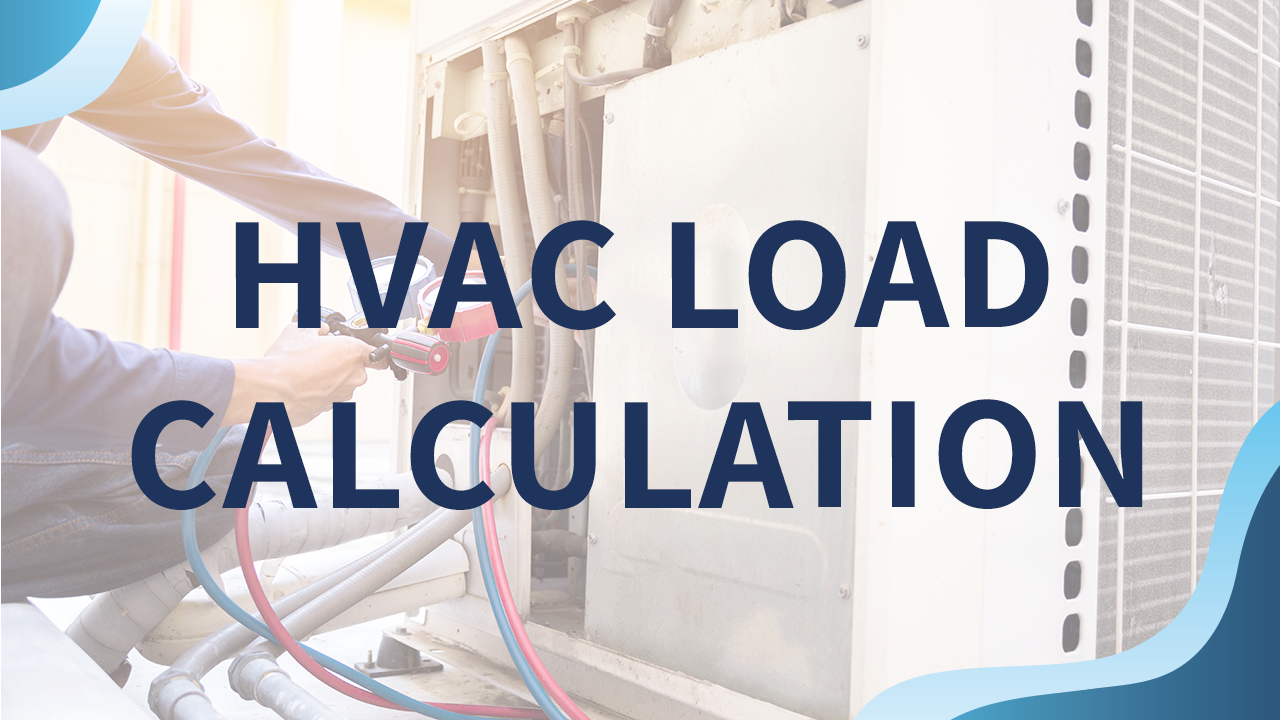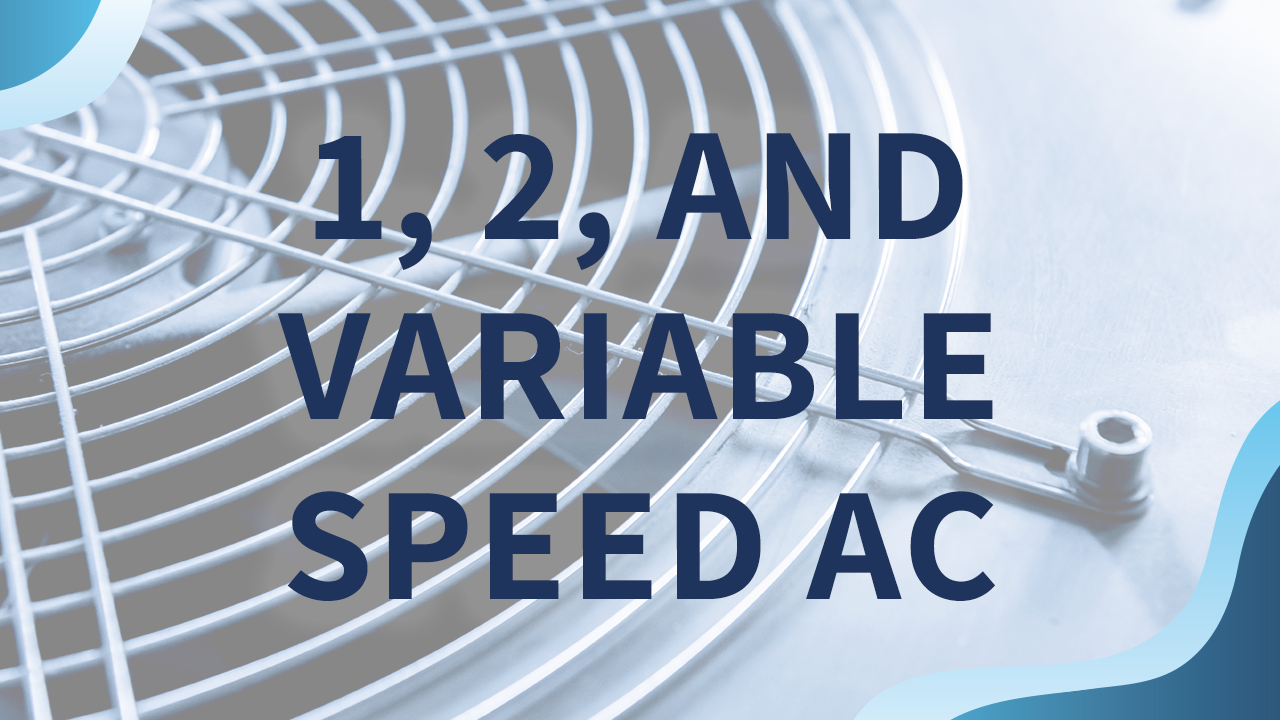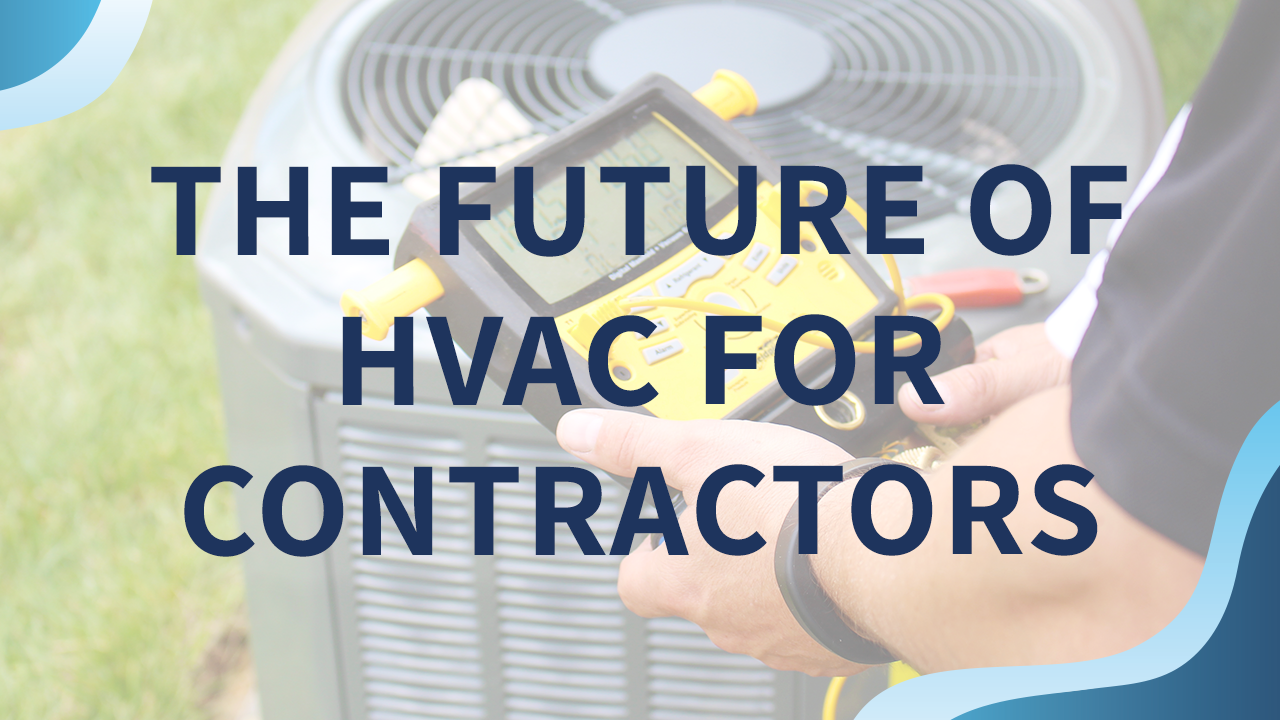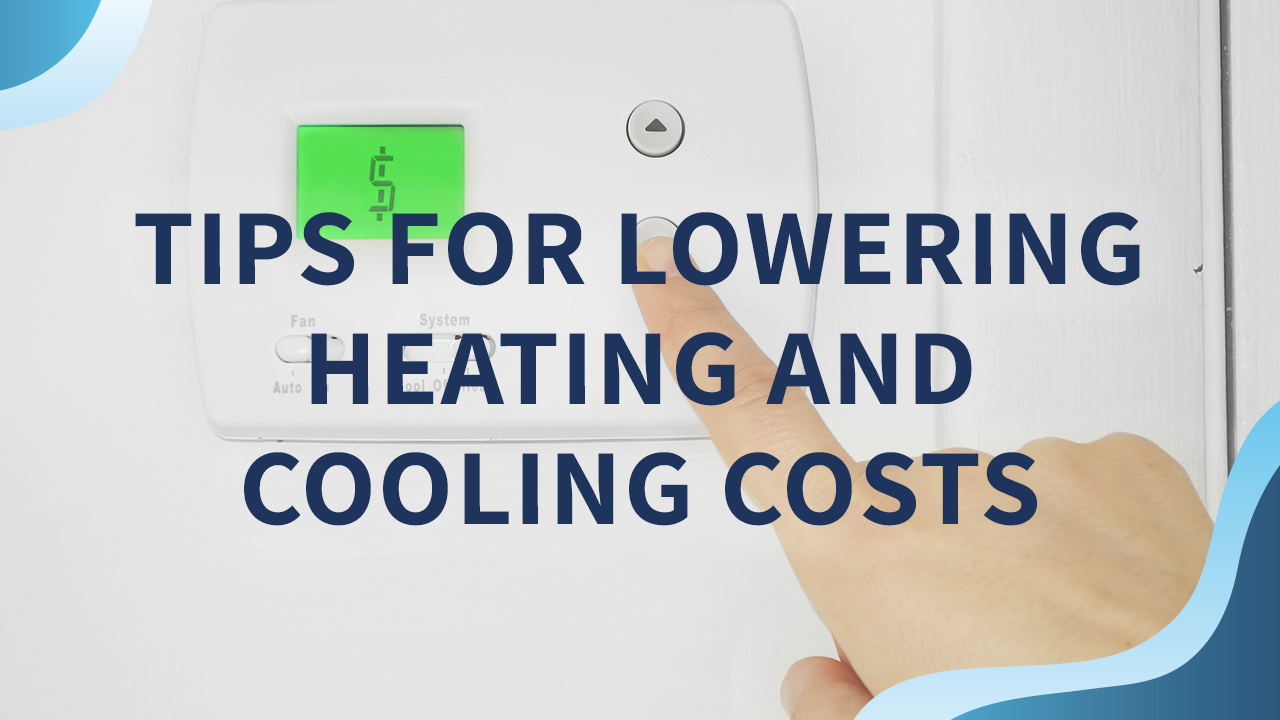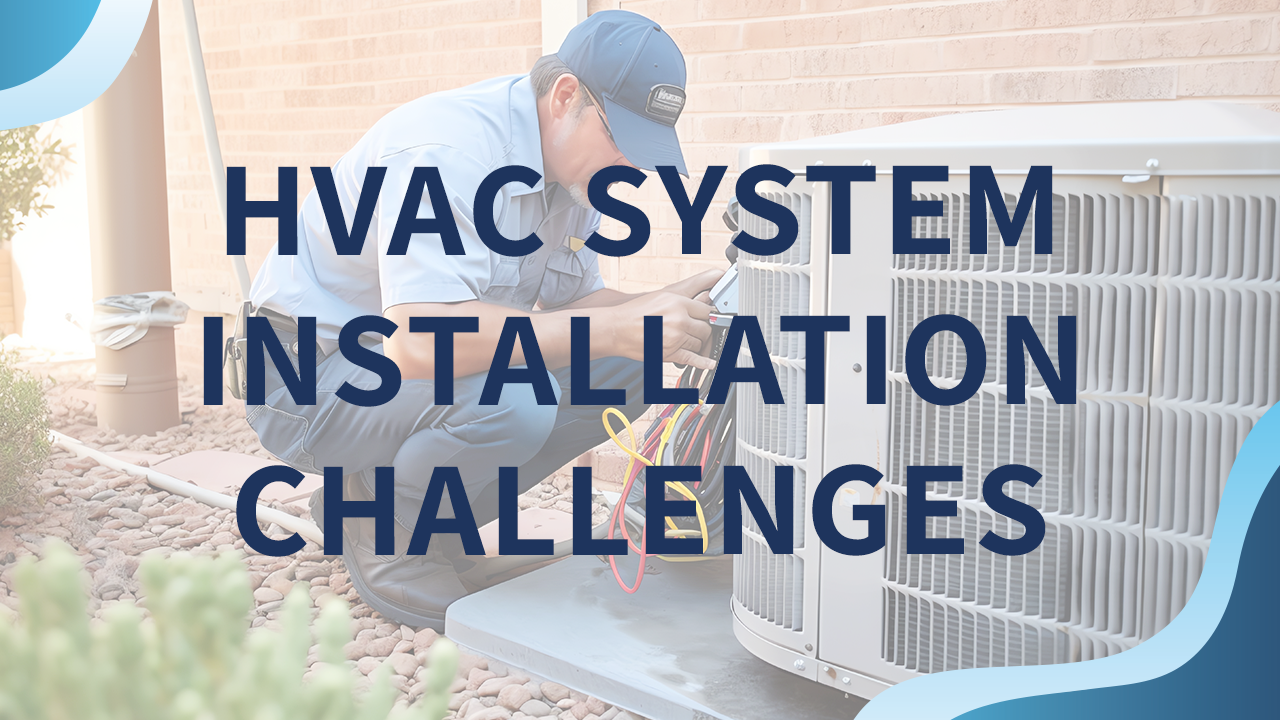Ever since Amazon’s Alexa launched the idea of a smart home into the galactic lexicon, we’ve seen a race to conquer any and every task with technology. These advancements enable a variety of devices to be connected and controlled by a single gadget.
In smart homes, lighting, heating and air conditioning units, surveillance cameras, televisions, washing machines, locks, ovens and much more can be remotely controlled with a smartphone or tablet. People can turn electronic devices off and on, as well as control other adjustable settings from anywhere in or outside the home.
Not only do they add convenience to our lives, smart homes offer greater energy efficiency, home security and health-monitoring abilities.
Is it any wonder, then, that the smart home market is expected to exceed 53 billion by 2022?
Smart Technology Appeals to Renters
Property managers who offer smart technology immediately gain a competitive advantage in a market full of millennials looking for 21st-century homes. According to a 2016 survey, 86 percent of millennials said they would pay extra for a property fitted with smart technology. Millennials aren’t the only ones clamoring for smart home tech — 65 percent of baby boomers living in multifamily homes said they were willing to do the same.
That demand is only going to grow. In a recent survey of renters, Gartner found that a quarter of them already own a virtual personal assistant (VPA), but that number is predicted to skyrocket by almost 500 percent in the next five years.
Therefore, installing smart-home technology may be an extra draw to renters now – a perk some might even pay a premium for, but failing to install it will soon become a reason a building remains empty.
“I can tell you first hand that ‘smart’ homes, apartments or condos can definitely give a landlord the edge when it comes to renting,” Jeff Rohde of Simple Combo Advice said in an interview. “There’s clear cost-savings to the tenant, which is extremely important in today’s rental market, where pretty much anywhere you go the cost to rent is increasing year after year.”
What smart technology is in the most demand? According to Gartner’s survey, smart thermostats are the most compelling devices, followed by smart lighting, smart security monitoring, smart door locks and smart electrical outlets. It’s no wonder, either. Studies have shown smart thermostats can provide an average of 12 percent savings in electricity. Likewise, smart lighting can reduce energy costs by 90 percent when installed in commercial properties.
Smart Technology Appeals to Property Managers
But smart technology isn’t just a draw for renters, it also directly benefits property managers. For example, while 61 percent of millennials said they likely would rent an apartment specifically because of an electronic access feature, enhanced security also allows a property manager to remotely limit access to vacant units, as well as a community’s buildings and amenities.
Likewise, while a smart lock might cost about $100 more than a standard lock, a property manager can simply press a button to change the locks when a tenant moves out, rather than paying another $25-50 to re-key the door each time.
Smart thermostats are even more beneficial to property owners who pay their tenant’s utilities. When one set of properties in Tennessee upgraded its units with infrared-detection thermostats, it saw instant savings.
“The first project we installed this at, we saw a 10-percent reduction in our energy costs, which was about $4,000 a month,” Scott Casey, chief technology officer for the property management company told Multifamily Executive. “The other component is, it’s reducing the wear and tear on the [HVAC] system itself. And, theoretically, it should cut down on the number of times we have to replace the air filters.”
Other smart technology now allows property managers the ability to save time and reduce expenses. Online portals increase communication efficiencies between managers and their tenants, as well as simplify the process of collecting rents and signing leases. Rather than dealing with a lengthy list of service providers, they can order maintenance using Uber-like technology with the click of a button.
“The analytics and IoT platforms haven’t existed simultaneously in a way that’s (been) accessible to property management firms until very recently,” Eric Potter, director of applied innovation at Waterton, told Multi-Housing News. “This is an area that really is pretty close to being limited only by the imagination,”

